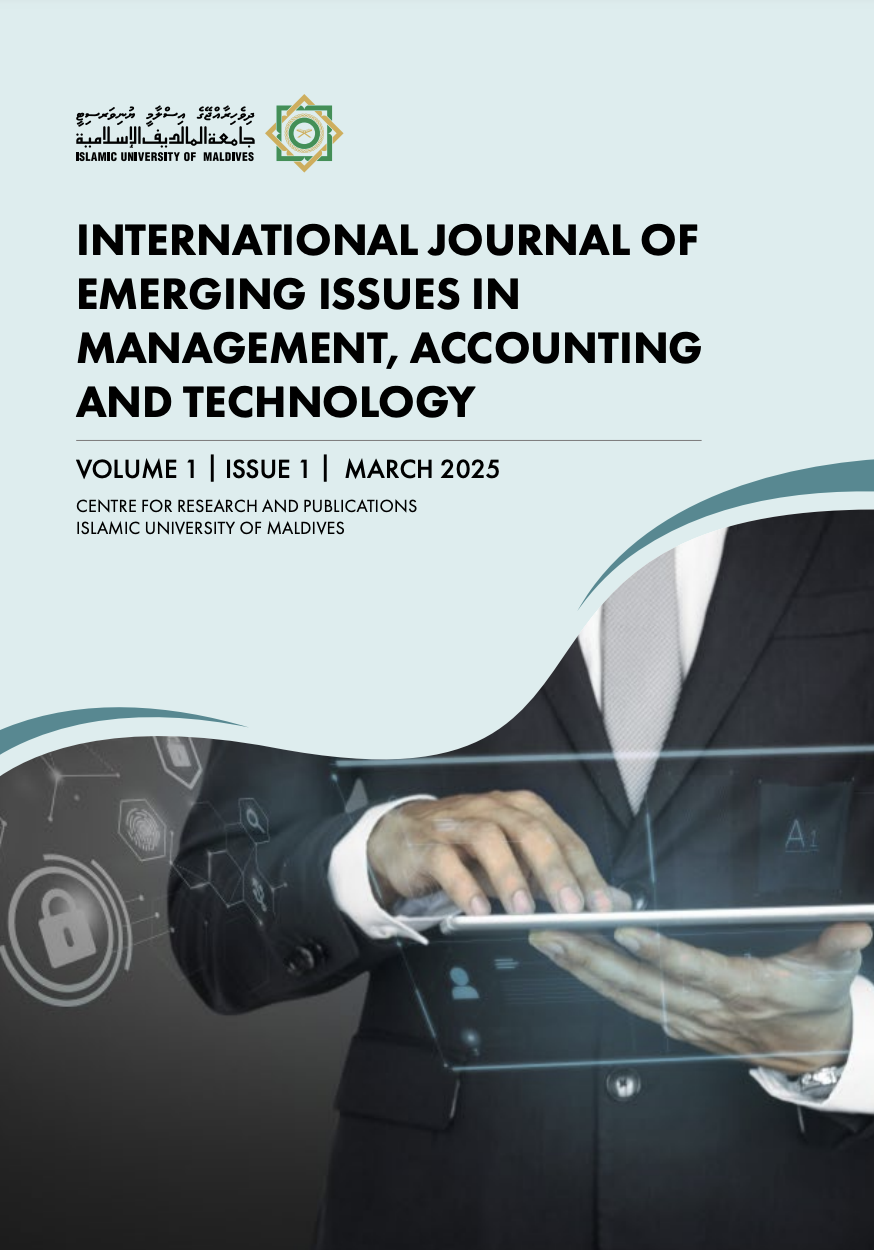Protecting the participant’s identity in small community research
Keywords:
Ethics, Small Community Research, Protecting ParticipantsAbstract
Social researchers have extensively discussed ethical issues to ensure accountability in protecting participants' identities during research. However, the literature offers limited guidance on how to protect participants’ identity when researching with small communities. Ethical considerations extend beyond merely obtaining ethics approval for conducting research; instead, it is critical to manage what happens in the field of research and how the researcher manages whatever arises. This paper addresses this gap, by outlining the steps needed to protect participants' identities during a research project with a small group of Maldivians. In the original research, a qualitative approach was employed with a small group of eleven Maldivian teacher educators. Data were gathered using semi structured interviews, observation, focus group discussions, and hanging out approaches in two circles. The data were triangulated through the two circles and analysis was carried out based on grounded theory. The Maldives has a small population, and the community of teacher educators is even smaller. Issues of participant identity and how to protect it during data collection and publications were complex, requiring careful and mindful planning. For instance, some participants inadvertently or deliberately revealed themselves to peers. Understanding the complexities of these ethical issues can provide valuable insights for other researchers in similar contexts. The paper is intended to add to what is known about the practicalities of applying codes of ethics in small community contexts.


